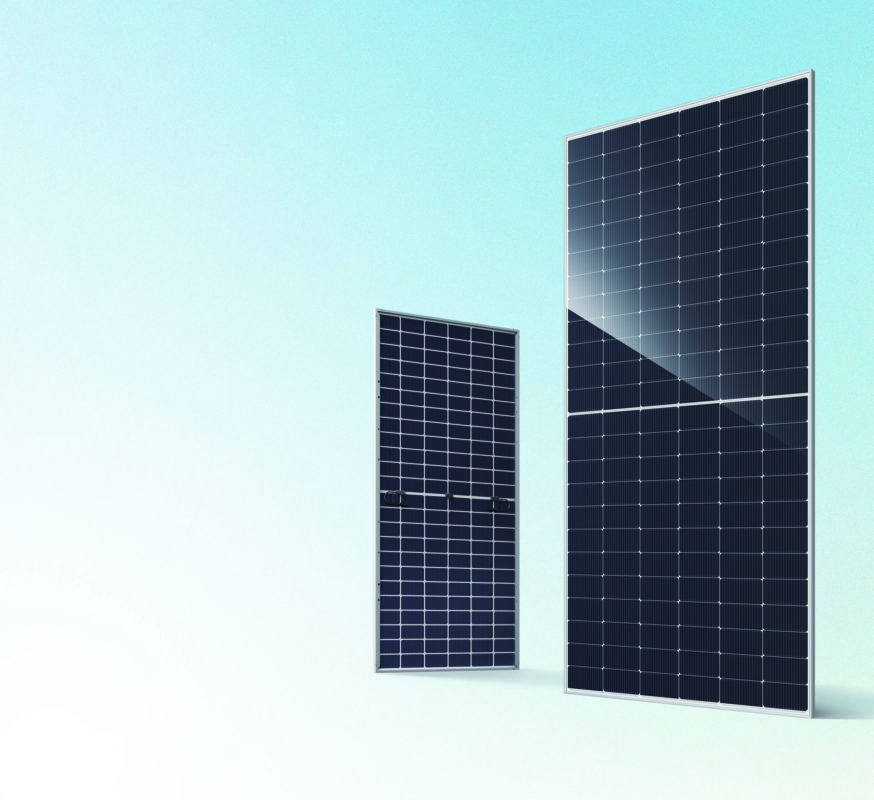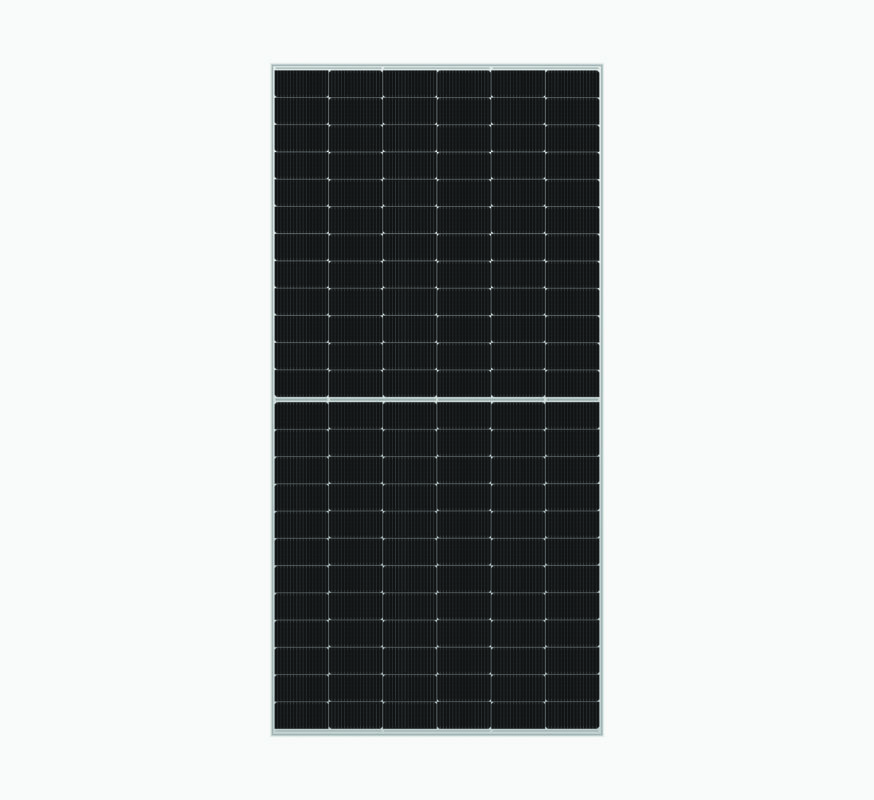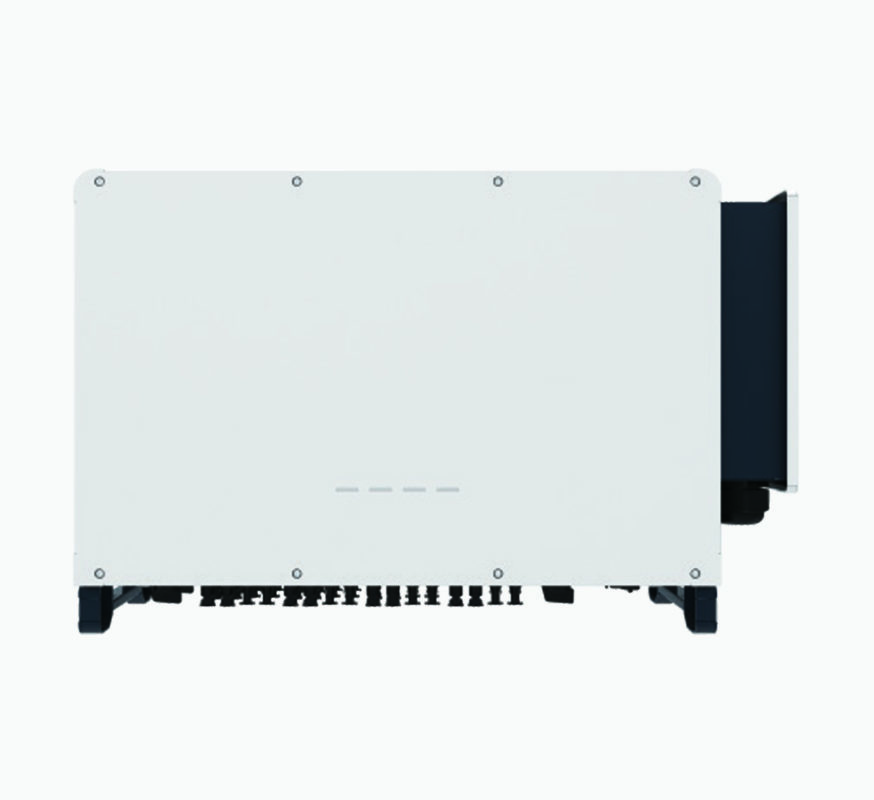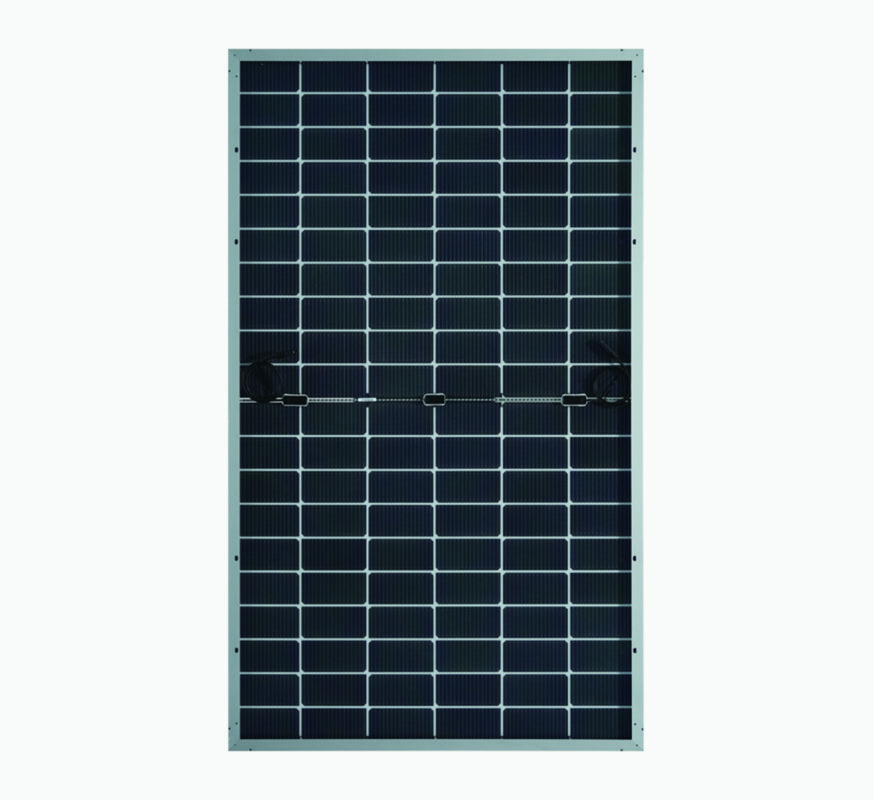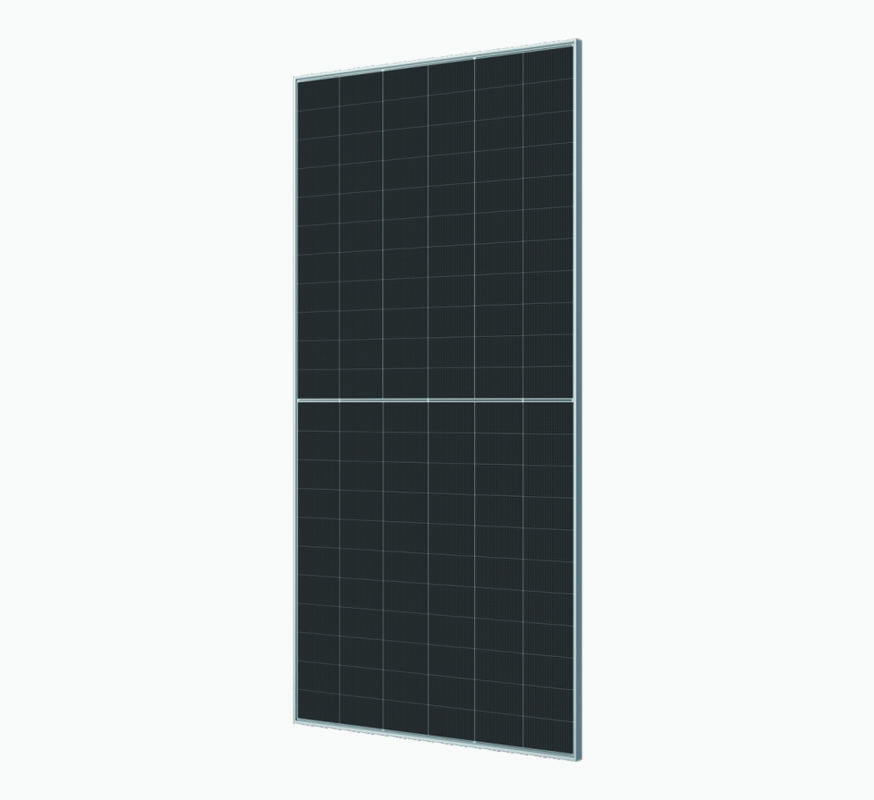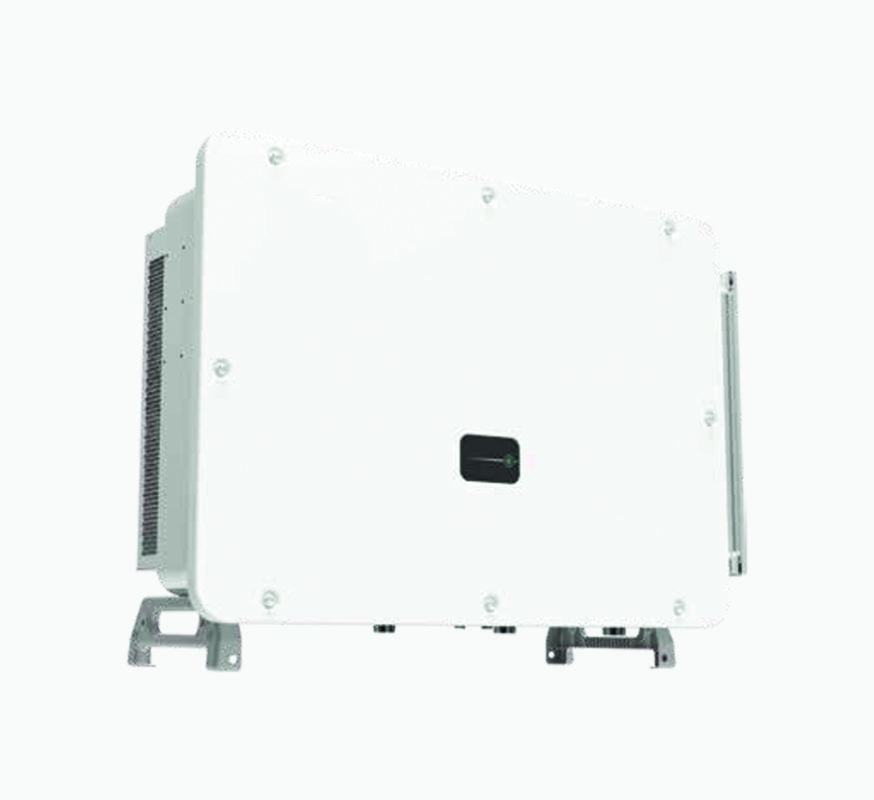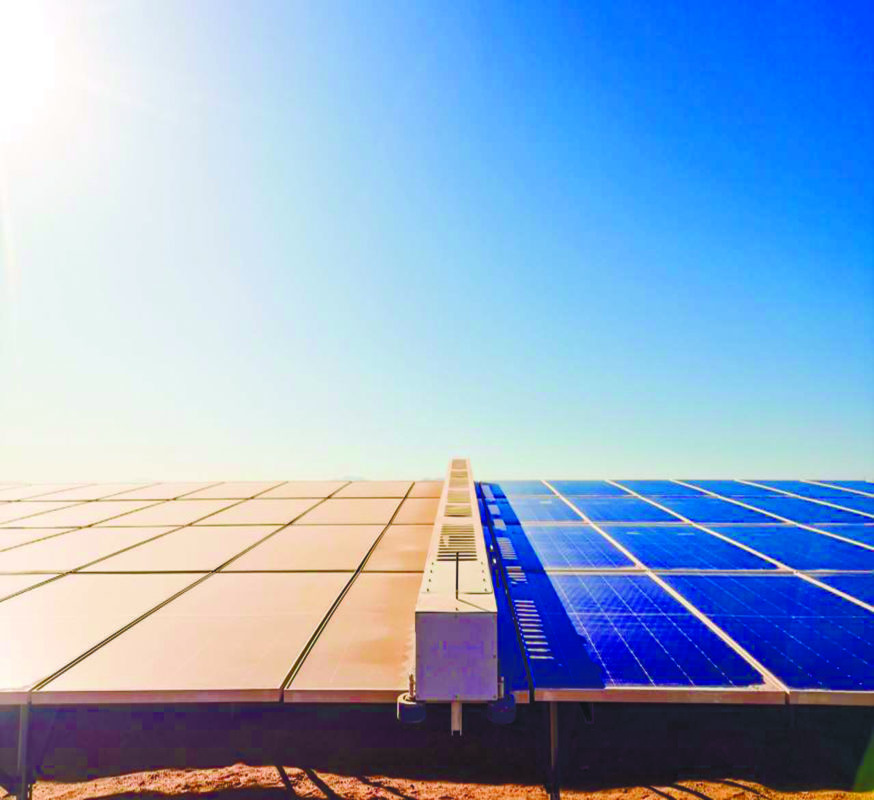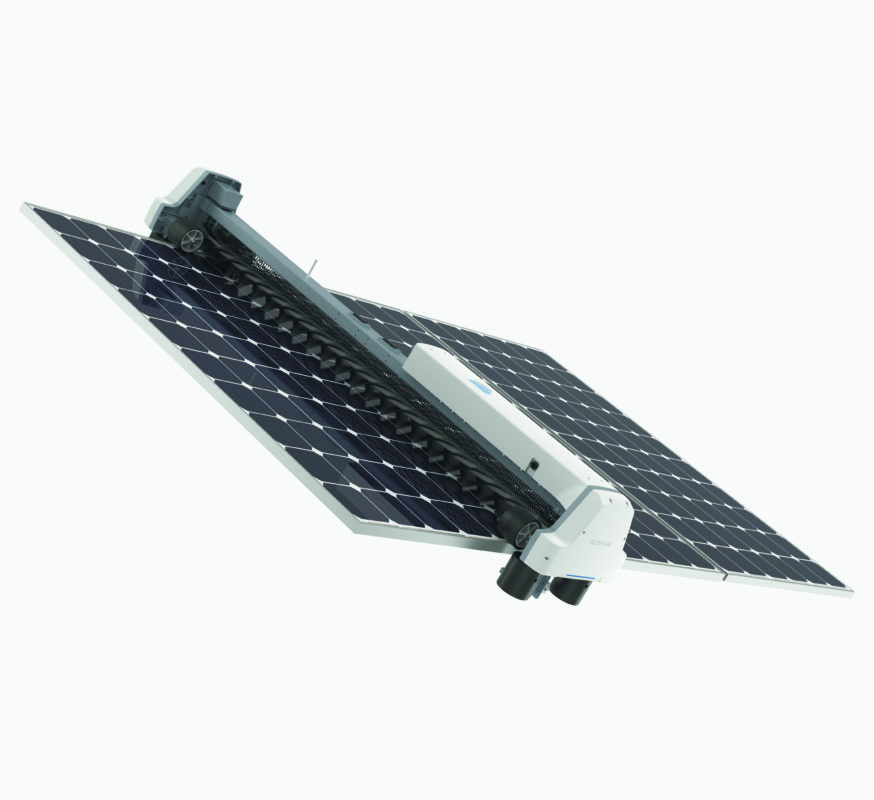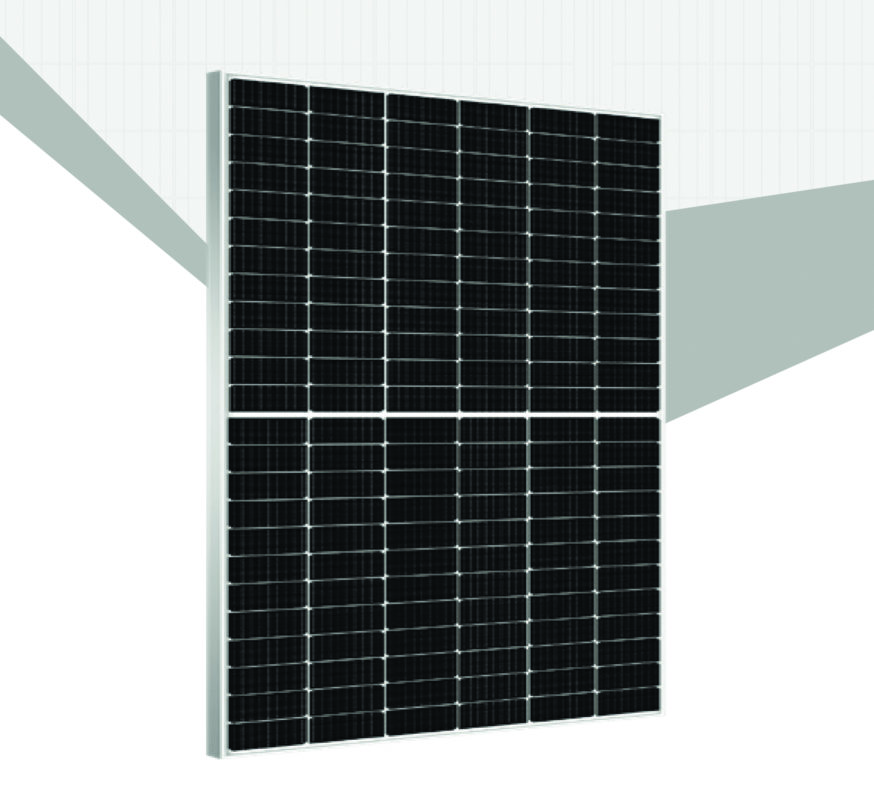Solar Energy
1. System Design and Engineering
Site Assessment:
- Conduct comprehensive site evaluations to determine the most efficient placement for solar panels.
- Analyze factors such as sun exposure, shading, structural integrity, and energy consumption patterns.
- Assess site-specific challenges and develop strategies for optimal system performance.
System Design:
- Develop tailored solar energy system designs that maximize energy efficiency and output.
- Utilize advanced simulation tools and software to optimize performance based on environmental conditions.
- Ensure compliance with local regulations, safety standards, and industry best practices.
Engineering Services:
- Provide structural engineering services to ensure the stability and durability of the solar mounting system.
- Offer electrical engineering solutions, including system wiring, inverter selection, and grid integration.
- Design energy storage solutions (battery systems) for enhanced energy independence and backup power.
2. Procurement and Importing
Component Sourcing:
- Source high-quality solar panels, inverters, battery storage systems, and mounting structures from trusted manufacturers.
- Ensure components meet international efficiency and durability standards for long-term reliability.
- Evaluate supplier certifications, warranties, and product performance before procurement.
Logistics Coordination:
- Manage the import process, including shipping, customs clearance, and local regulatory compliance.
- Coordinate transportation logistics to ensure timely and safe delivery of components.
- Optimize supply chain efficiency to reduce costs and minimize delays.
3. Installation
Site Preparation:
- Conduct ground or roof reinforcement as needed to support the solar system installation.
- Implement safety measures and ensure the installation site is optimized for efficient panel placement.
System Installation:
- Install solar panels, inverters, and related components using industry-leading techniques.
- Secure mounting systems to withstand environmental conditions such as wind, rain, and snow loads.
- Ensure all electrical connections are properly integrated for maximum efficiency and safety.
Grid Connection:
- Facilitate the integration of the solar energy system with the local power grid.
- Work with utility providers to ensure compliance with regulatory requirements and grid standards.
- Implement net metering or other energy management solutions as required.
4. Commissioning and Testing
System Testing:
- Conduct rigorous performance and safety tests to ensure all components function correctly.
- Utilize monitoring tools to analyze energy output, voltage stability, and system efficiency.
- Identify and resolve any issues before full system activation.
Commissioning:
- Officially activate the solar energy system, ensuring seamless operation.
- Provide documentation, user manuals, and compliance certifications.
- Train system owners or operators on monitoring and basic maintenance procedures.
5. Maintenance and Support
Regular Inspections:
- Offer scheduled maintenance services, including solar panel cleaning, wiring checks, and inverter diagnostics.
- Monitor system performance remotely to detect potential issues before they affect efficiency.
Repairs and Upgrades:
- Provide fast and reliable repair services to address any component failures or malfunctions.
- Upgrade system components, such as replacing inverters or adding battery storage for improved performance.
- Ensure continued compliance with evolving industry standards and local grid regulations.

